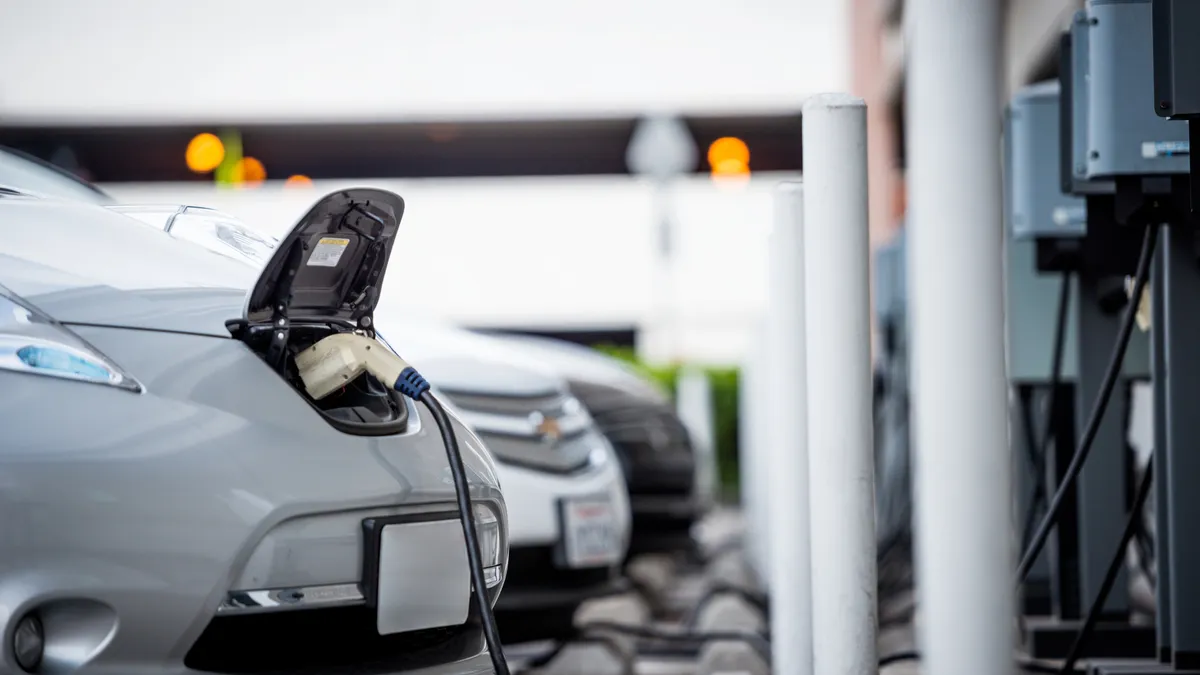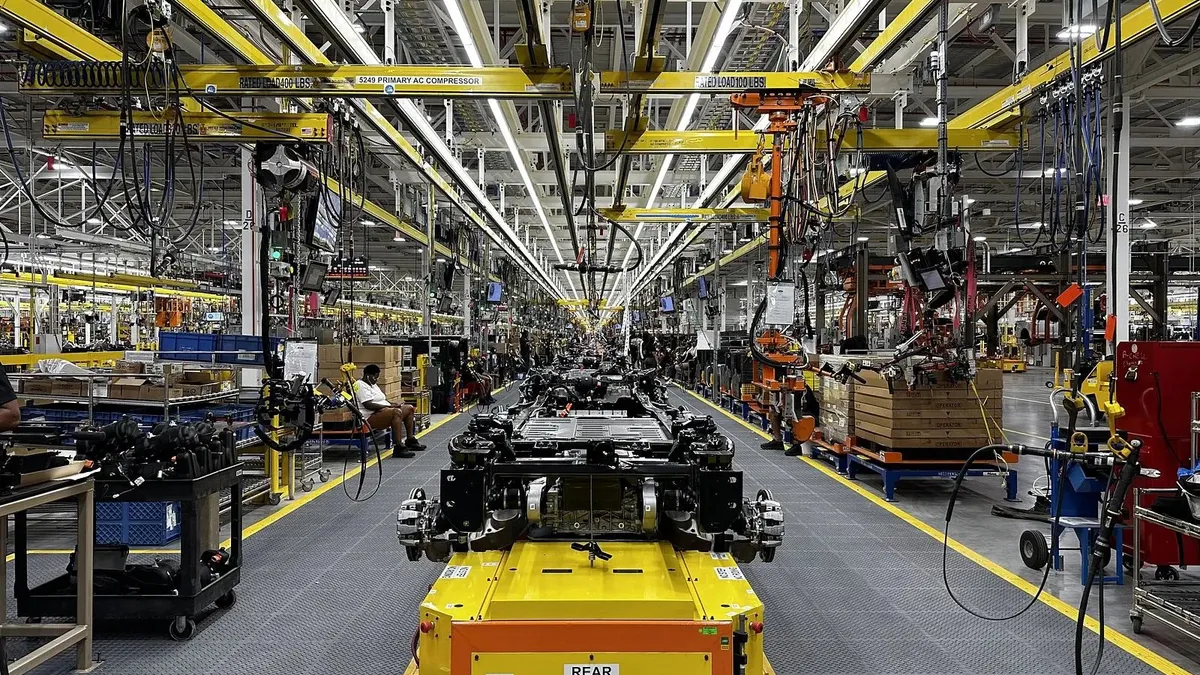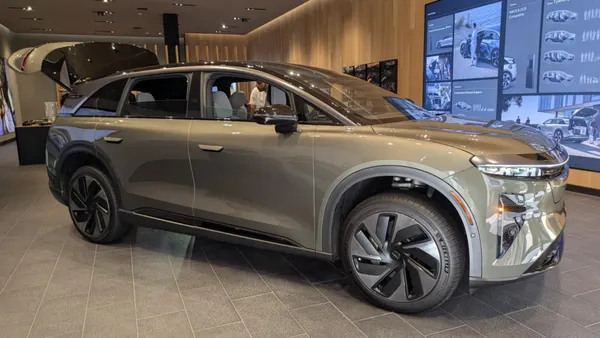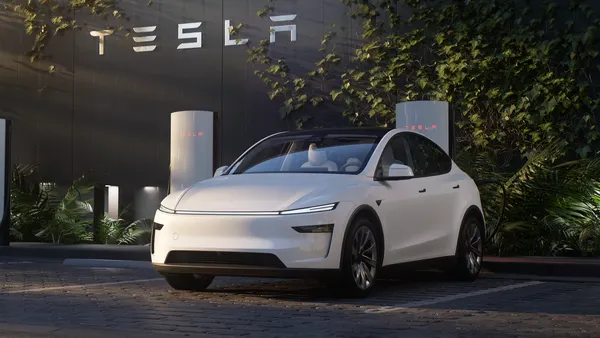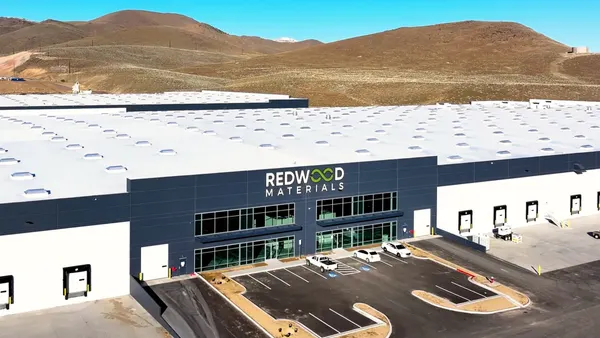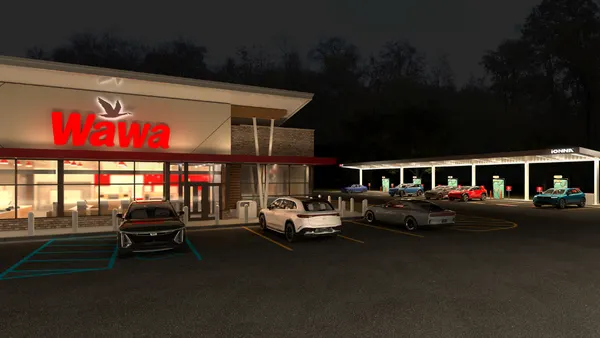Dive Brief:
- The Biden administration on Wednesday proposed a new rule that aims to expand access to electric vehicle chargers, providing for individual tax credits up to $1,000 and business credits up to $100,000 for installation of clean transportation equipment across most of the country.
- The tax credits would only be available in low-income and non-urban census tract areas, making about two-thirds of the U.S. eligible for the incentives, the U.S. Department of the Treasury said. Along with EV chargers, the credits will be accessible for other clean fuel infrastructure investment, such as hydrogen refueling.
- The incentives “will be particularly valuable to communities that live near warehouses, who are often exposed to toxic vehicle pollution from the delivery trucks that pass through their neighborhoods every day,” Sierra Club’s Clean Transportation for All Director Katherine García said in a statement.
Dive Insight:
The rule proposed Wednesday expands on January guidance from the Treasury Department, allowing the tax credit to be accessed per individual charging port installed as opposed to a single credit for multi-port projects.
“Today’s important guidance will accelerate capital formation and project investment into this critical infrastructure sector,” Ali Zaidi, the White House national climate advisor, said in a statement. The section 30C provision can cover up to 30% of the cost of installing qualified alternative fuel vehicle refueling property and is funded by the Inflation Reduction Act.
The notice of proposed rulemaking specifies that installations eligible for the 30C credit include all “functionally interdependent” components of recharging or refueling property, as well as equipment that is integral to recharging or refueling.
The proposed rulemaking also updates the prevailing wage and apprenticeship requirements to be eligible to receive the credits, proposing that multiple 30C properties are treated as a single project if the items of property are constructed and operated on a contiguous piece of land, owned by a single taxpayer and placed in service in a single taxable year.
“This new tax credit will further help consumers and businesses across the country make the affordable choice of clean vehicles,” U.S. Deputy Energy Secretary David Turk said.
Environmental advocates say the charging incentive, along with other provisions in the IRA and the bipartisan infrastructure law, will accelerate the transition to clean vehicles. The Biden administration’s EV goals include having 50% of new car sales be electric by 2030 and the rollout of a 500,000-public-charger network funded by $7.5 billion in the bipartisan infrastructure law.
Public comment on the proposal will be accepted until Nov. 18, and the Department of Treasury said it will hold a public hearing if requested.



